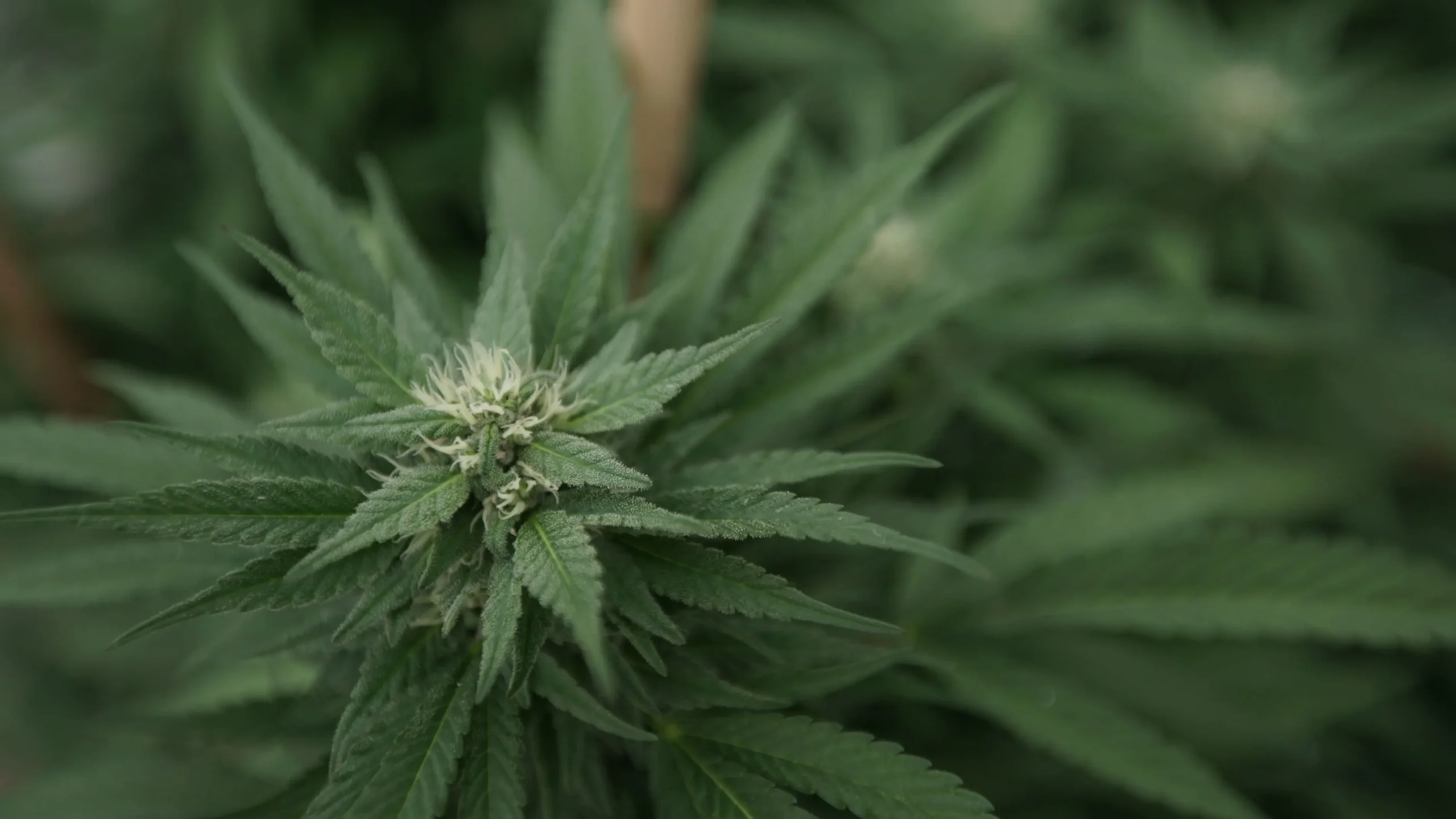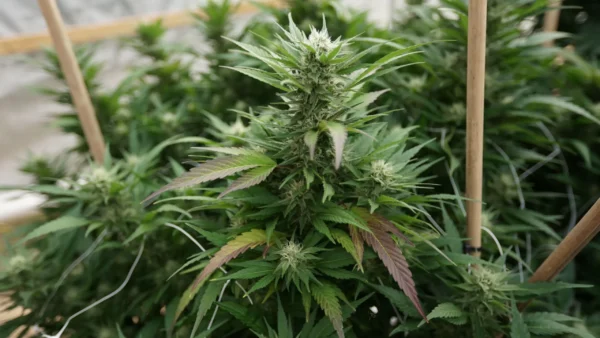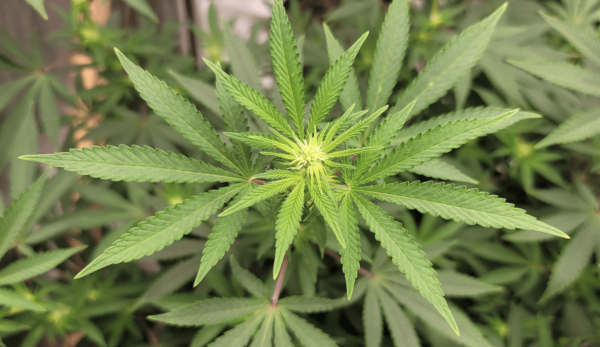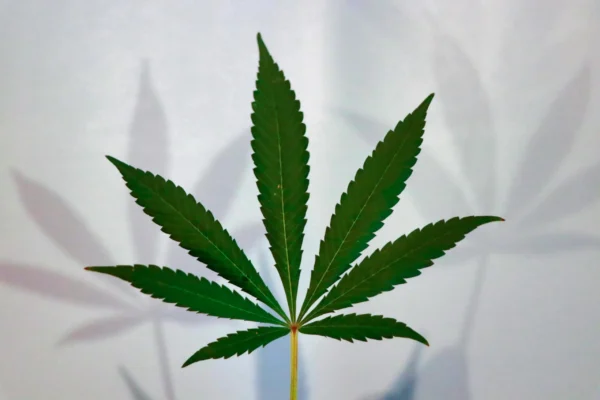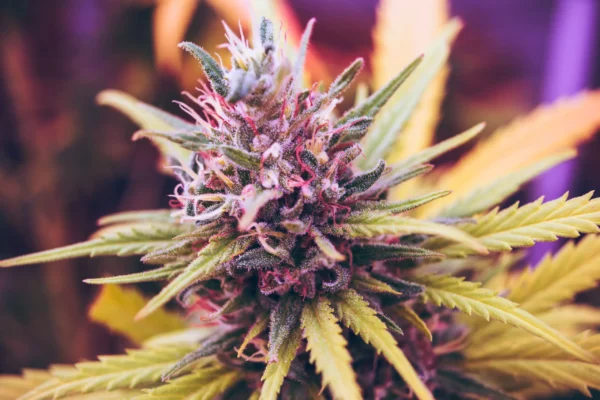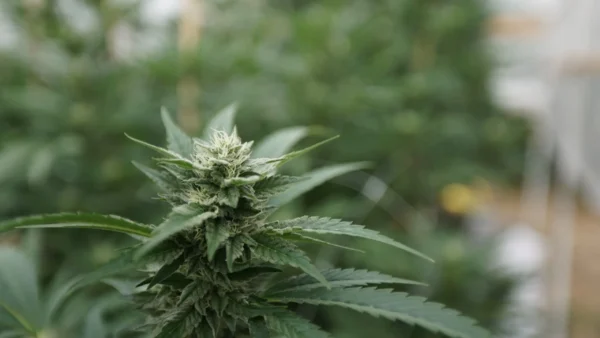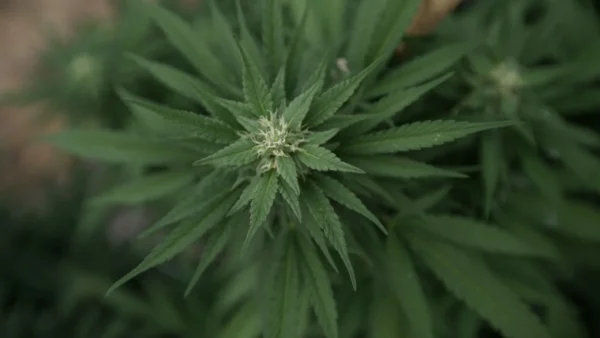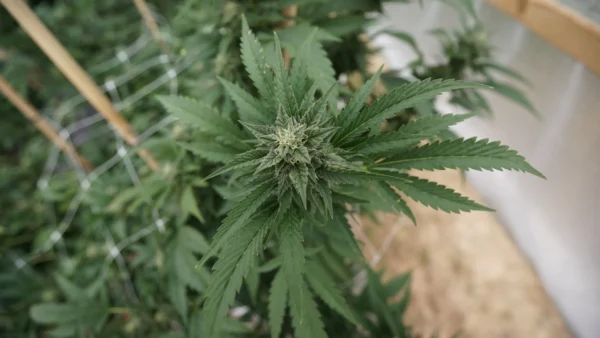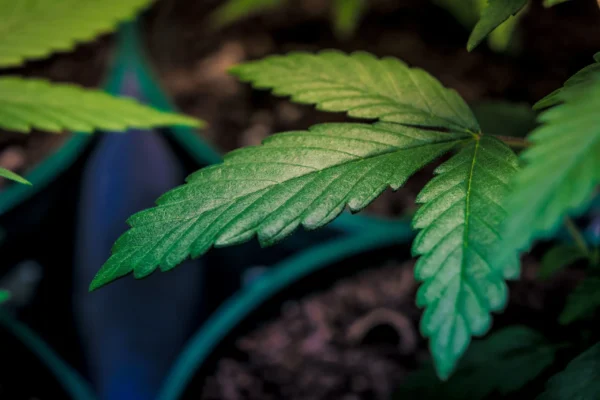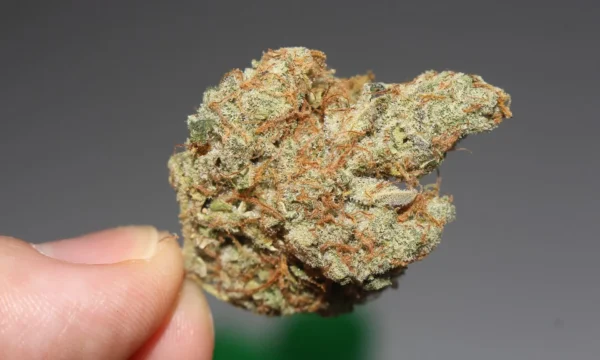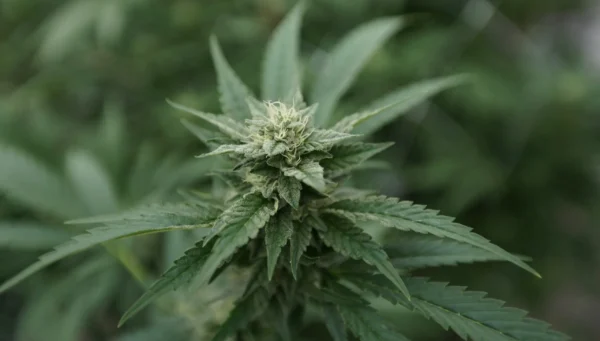American athlete faces death penalty for cannabis in Indonesia (Newsletter: October 6, 2025)
Michigan marijuana tax increase. Say it out loud and you can almost hear the register slam shut. Lawmakers in Lansing just greenlit a new 24 percent wholesale levy barreling onto the supply chain like a semi on black ice, and the Michigan cannabis market is bracing for impact. The pitch is tidy—legal cannabis revenue to fill public coffers, stabilize programs, fix potholes no one bothers to name. But on the ground, this brand of cannabis taxation is a blunt instrument. It rolls downhill, crushing margins, hiking sticker prices, and daring smaller operators to survive the squeeze. In the late-night quiet of this industry’s back rooms, the consensus is simple: operators will eat what they can, pass along what they must, and pray the rickety bridge between legal supply and consumer demand holds.
The math has a particular kind of hangover. Budget scribes tout projections north of $400 million a year—one estimate tags it at $420 million, because of course it does—but those dollars don’t fall from trees. They come from real people with bills, from growers already dancing with cost, and from retailers betting that price elasticity doesn’t snap when the next tax shows up like an uninvited cousin at Thanksgiving. For a mature market that finally found its footing after years of freefalling wholesale prices, another toll threatens to push shoppers back to the soft, unregulated shadows. That’s the paradox of marijuana policy reform gone punitive: try to gild the lily with revenue and you risk wilting the flower that feeds it.
Meanwhile, the rest of the map reads like a patchwork quilt stitched by committees who don’t talk to each other. Youth access protections are becoming the cudgel of choice. Texas health officials rushed out emergency rules—mirroring alcohol regulators—to keep intoxicating hemp away from people under 21; the contours are captured in Texas Health Officials Adopt Rules To Ban Hemp THC Sales To People Under 21 In Response To Governor’s Executive Order. Across the Midwest line, an Ohio proposal aims at the same target and adds a testing kicker—bringing hemp edibles and vapes under the same compliance microscope as marijuana products. See: New Ohio Senate Bill Would Ban Sale Of Intoxicating Hemp Products To People Under 21. In the midst of this, Kentucky trims its first medical crop while New Hampshire flirts with letting dispensaries go for-profit. The through-line is familiar: public safety on the marquee, market reality in the fine print.
But the devil’s in the footnotes. Nebraska is already lawyering the edges of patient access, with a state senator mounting a direct challenge to newly tightened rules that shrink what voters thought they legalized. It’s the kind of bureaucratic sleight that fuels cynicism and court calendars, laid out in Nebraska Senator Files Formal Challenge To Restrictive Medical Marijuana Rules Signed By Governor. Zoom out further and the stakes get brutal. An American basketball player abroad sits in legal limbo after being arrested with cannabis gummies he uses to calm a disease that doesn’t care about borders, detailed in American Basketball Player Faces Potential Death Penalty Over Medical Marijuana After Arrest In Indonesia. One country targets the tax code, another targets the neck. And amid the noise, scientists whisper a different story: a newly identified cannabis compound with antioxidant and skin-calming promise—another breadcrumb in the trail that says the plant is more pharmacy than punchline, if policy would ever keep up with the data.
Here’s the uncomfortable truth about a cannabis industry impact that policymakers rarely swallow: consumers don’t shop on press releases. They shop on price, trust, consistency, and the gut-level sense that the rules make sense. Smart cannabis taxation funds the future without strangling the present. Overreach invites the street to compete. If Michigan gets the balance wrong, it risks turning a legal triumph into a cautionary tale; if it gets it right, the state might prove that legal cannabis revenue and a healthy marketplace aren’t enemies after all. Until then, keep your receipts, mind the margins, and choose your lanes with care. And if you’re looking to keep your own ritual stocked while the policymaking circus does its thing, you can always explore our curated selection here: https://thcaorder.com/shop/.





